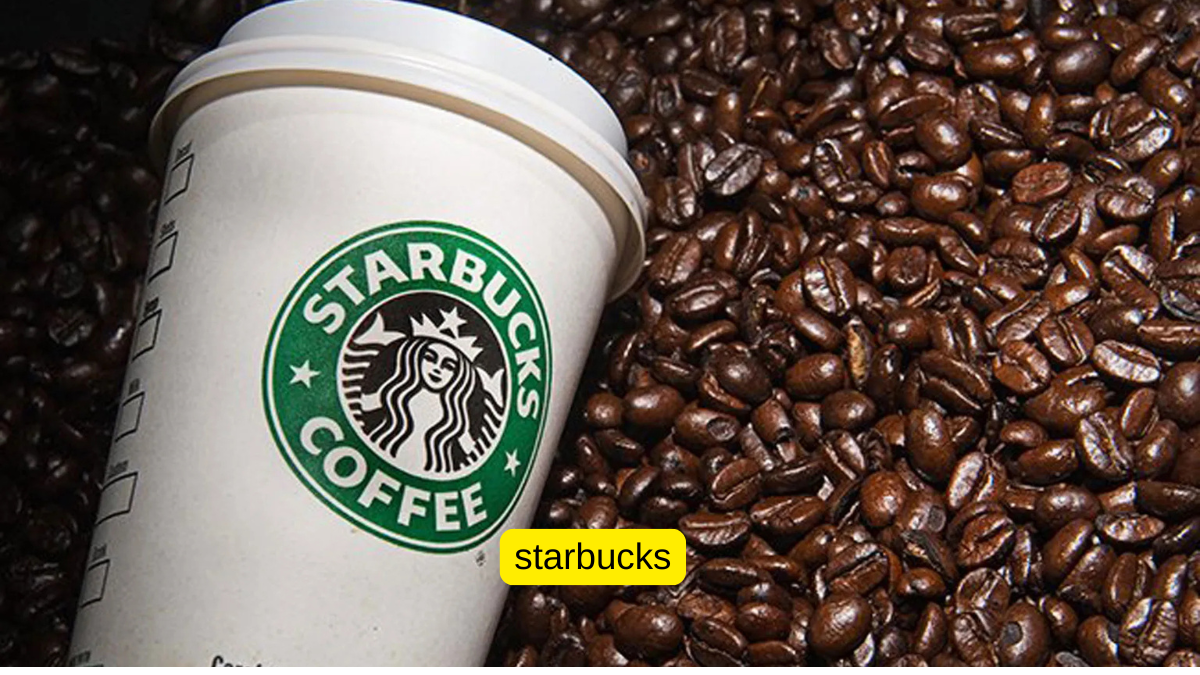Starbucks Corporation has become synonymous with coffee culture worldwide. With a legacy that spans decades, Starbucks has revolutionized how we consume and experience coffee. From its humble beginnings in Seattle to becoming an international powerhouse, Starbucks embodies innovation, quality, and community. This article delves into the journey of Starbucks, its business strategies, and the unique elements that make it a global leader in the coffee industry.
The Origins of Starbucks
Starbucks was founded in 1971 by Jerry Baldwin, Zev Siegl, and Gordon Bowker in Seattle, Washington. Initially, the company focused on selling high-quality coffee beans and equipment, inspired by Alfred Peet, the founder of Peet’s Coffee. The first store, located in Pike Place Market, was a modest establishment dedicated to sourcing the finest Arabica coffee beans.
In 1982, Howard Schultz joined the company as Director of Retail Operations and Marketing. His vision transformed Starbucks into more than just a coffee supplier. Inspired by Italian espresso bars during a trip to Milan, Schultz introduced the concept of creating a social hub where people could gather over a cup of coffee. This vision laid the foundation for Starbucks’ explosive growth.
The Starbucks Experience: More Than Just Coffee
One of Starbucks’ defining characteristics is the “Starbucks Experience”, which goes beyond serving beverages. The company has redefined what it means to visit a café, offering a unique ambiance, personalized service, and an extensive menu.
- Customer-Centric Approach: Starbucks emphasizes customer satisfaction through personalized orders. The ability to customize drinks to individual tastes ensures a memorable experience.
- Welcoming Environment: Starbucks stores are designed to be inviting spaces where customers can relax, work, or socialize. This has made Starbucks a popular choice for remote workers and students.
- Premium Product Quality: Starbucks prioritizes sourcing and serving only the highest quality coffee, maintaining its reputation as a premium brand.
Innovative Business Strategies
Starbucks owes its success to innovative business strategies that have consistently set it apart from competitors.
1. Expansion and Global Presence
Starbucks operates in over 80 countries, with more than 35,000 stores worldwide. Its strategic expansion into emerging markets like China and India has been a game-changer. The company adapts its menu and store designs to cater to local tastes and cultures while maintaining its core values.
2. Digital Transformation
Starbucks has embraced technology to enhance customer engagement. The Starbucks Rewards loyalty program, integrated with its mobile app, offers customers a seamless experience for ordering, payment, and earning rewards. This digital ecosystem drives customer retention and increases sales.
3. Sustainability and Ethical Sourcing
Starbucks is committed to sustainable practices. Through its Coffee and Farmer Equity (C.A.F.E.) Practices, the company ensures ethical sourcing of coffee beans while supporting farmers and protecting the environment. It has also pledged to achieve carbon neutrality by 2050, focusing on eco-friendly store designs, reducing waste, and promoting reusable cups.
Starbucks’ Iconic Menu Offerings
The Starbucks menu caters to a wide range of tastes and preferences, making it a go-to destination for coffee lovers worldwide.
Signature Coffee Beverages
- Espresso-Based Drinks: Classics like Caffè Latte, Cappuccino, and Caramel Macchiato are fan favorites.
- Seasonal Specials: Limited-time offerings like the Pumpkin Spice Latte and Peppermint Mocha create excitement among customers every year.
Beyond Coffee
Starbucks has diversified its menu to include:
- Teas: Options like Chai Tea Latte and Matcha Green Tea Latte.
- Cold Beverages: The Starbucks Refreshers and Frappuccinos cater to non-coffee drinkers and younger audiences.
- Food Items: From pastries and sandwiches to protein boxes, Starbucks ensures that customers have snack options to complement their drinks.
Starbucks and Community Impact
Starbucks has positioned itself as a socially responsible brand by focusing on community initiatives.
Diversity and Inclusion
Starbucks promotes inclusivity through hiring practices and workplace policies. It actively supports marginalized communities and encourages open dialogue about social issues.
Philanthropy
The Starbucks Foundation contributes to global initiatives in education, disaster relief, and youth development. The company also engages in community service projects, encouraging employees to volunteer.
Challenges and Criticisms
Despite its success, Starbucks has faced its share of challenges. Critics often point to the company’s high prices and its impact on small, independent coffee shops. Additionally, concerns about labor practices and employee satisfaction have occasionally sparked controversies. However, Starbucks continues to address these issues through transparency and proactive measures.
The Future of Starbucks
Starbucks remains a leader in the coffee industry by constantly innovating and adapting to changing consumer preferences. The company’s focus on sustainability, technology, and global expansion ensures that it will continue to thrive in the competitive market.
Some upcoming initiatives include:
- Expanding plant-based menu options to align with health and environmental trends.
- Enhancing store formats, such as drive-thru and delivery-focused locations.
- Leveraging data analytics to further personalize the customer experience.
Conclusion: A Coffee Revolution
Starbucks is more than a coffee chain; it is a cultural phenomenon that has transformed how the world perceives and consumes coffee. Its commitment to quality, innovation, and community makes it a brand that resonates with millions. As Starbucks continues to grow and evolve, its impact on the global coffee industry remains unparalleled.

